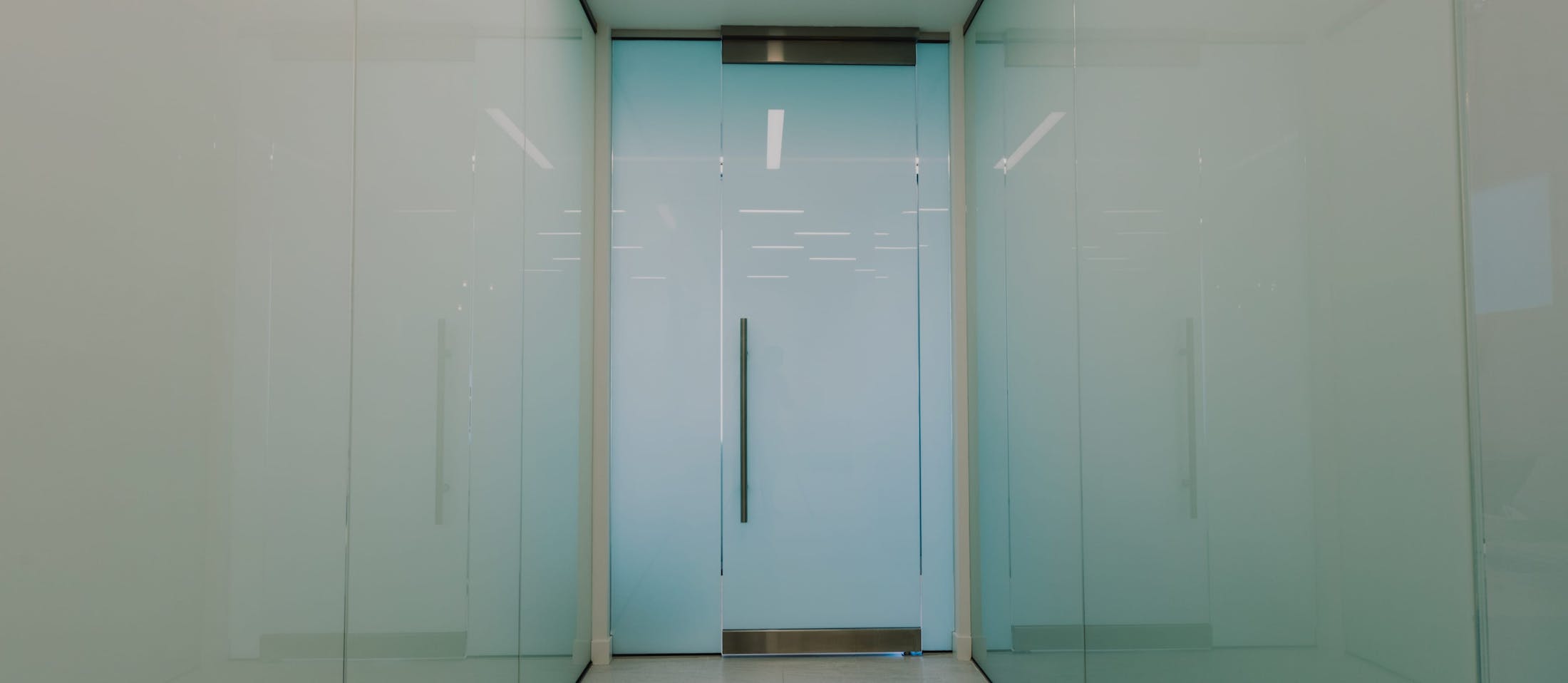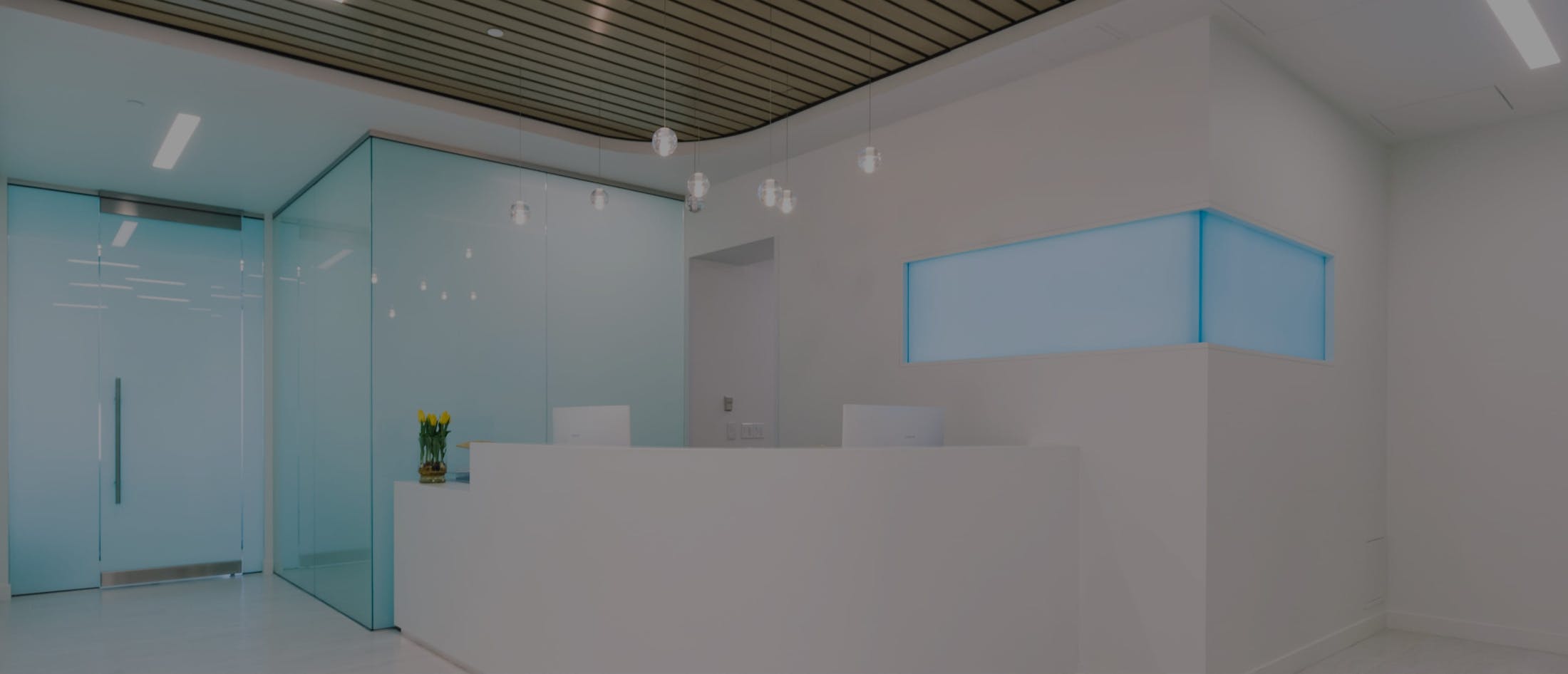What Scar Treatments Are Available?
Every scar is unique and requires careful consideration from a surgeon who is highly skilled in the art and science of among the best scar treatments Bellevue has to offer. With that said, below are a few of the most common procedures Dr. Ridgway uses to remove his patients’ scars and restore their smooth, clear, and healthy skin:
Laser Skin Resurfacing
Laser skin resurfacing is a powerful treatment that can be used on virtually any scar. It works by removing your damaged skin one layer at a time, ultimately eliminating the scar and revealing your smooth and clear complexion underneath.
Dermabrasion
A gentle but effective treatment, dermabrasion involves using a special tool with rough edges to remove the damaged outer layers of your skin. The process creates tiny wounds that your body heals by producing new collagen, causing new, undamaged skin to grow and dramatically improving the appearance of the scar.
Subcision
Subcision is the ideal scar treatment for patients with deep, rolling acne scars. To perform the procedure, Dr. Ridgway will insert a sharp blade into the skin, breaking up the scar tissue to restore a smooth facial appearance.














